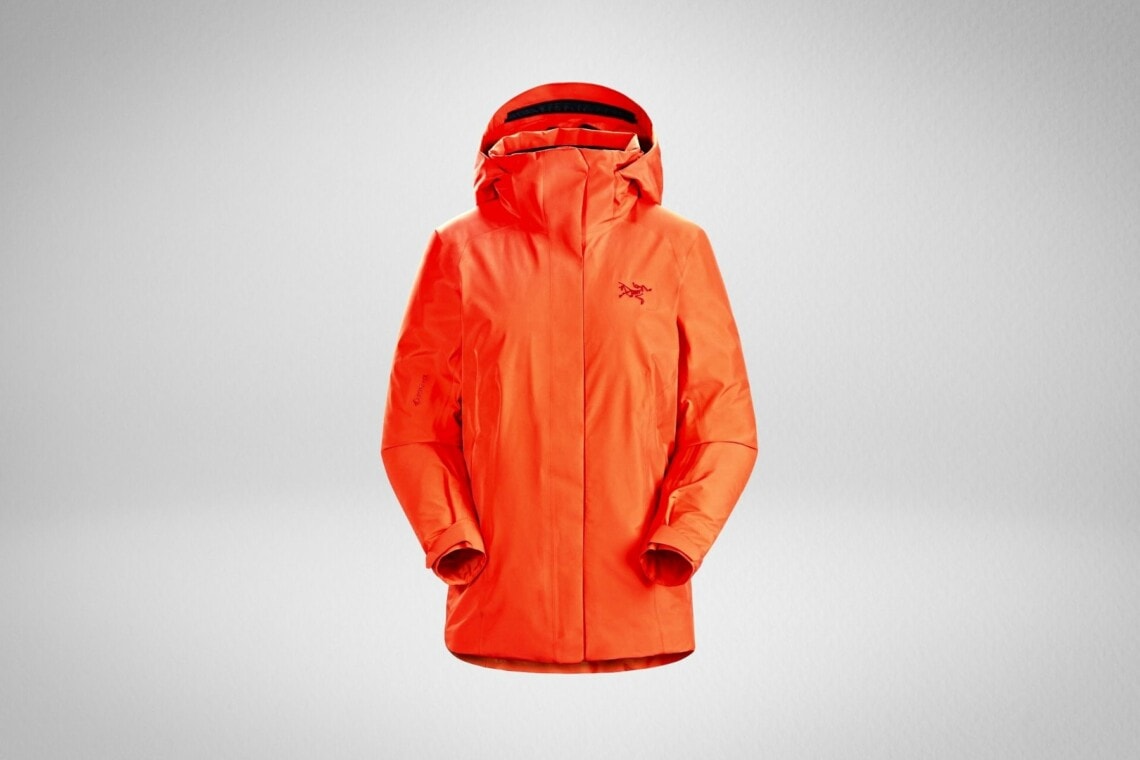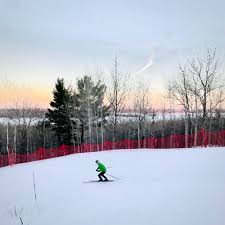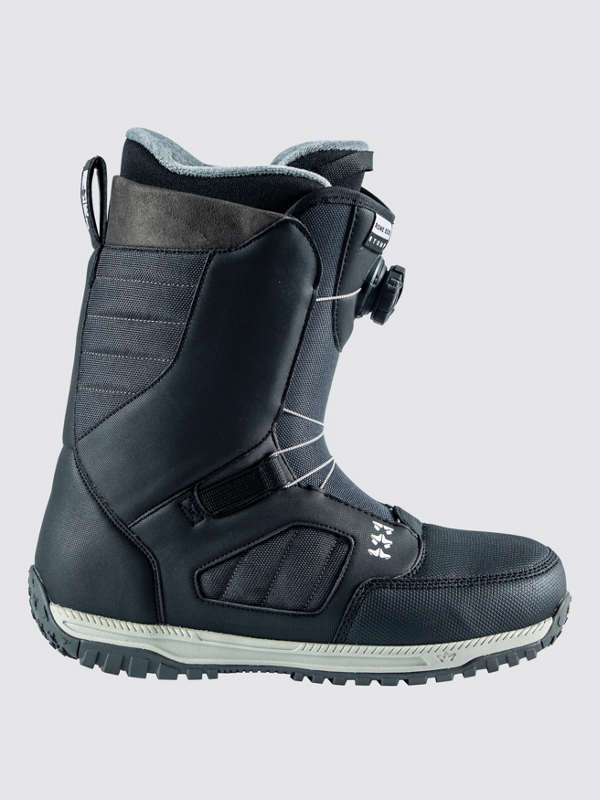
Ski pants are essential for enjoying winter sports. They offer a solid barrier against the weather, keep you warm, dry, and look good in any environment.
The right pair of ski trousers for you will be a personal decision based on your skiing style, level of fitness, and how often you experience the weather. Before you decide to buy ski pants, here are some important facts:
For Beginners, Insulated Pants (or Winter Pants)
An insulated pair ski pants for those who have never skied is necessary to keep them comfortable and warm. Insulated pants are more durable than non-insulated, and can take more wear and tear.
This type of pants typically has an insulated liner, which can be made from synthetic insulation. These synthetic liners are light, durable, and warm. These synthetic liners can be worn with base layers for extra warmth on cold days.

While they may be more costly than non-insulated pants in some cases, they can still be a smart purchase for someone who skis frequently and wants a high-quality product.
These insulated ski trousers have an integrated liner made from synthetic fabric. It can be worn with an insulating layer underneath to keep you warm while skiing. They are lightweight and stylishly slim.
Some insulated ski pants include a built-in beacon pocket. It holds an avalanche transmitter. This is a popular feature among backcountry skiers who want to have an extra safety tool in case they get stuck in a crevasse.
Softshell Pants for Spring & Fair Weather Touring
Softshell pants will work best for fair weather travel, where you can exert yourself more without getting too hot. This is especially true for touring skiers who are navigating steep, challenging terrain and need a pant that will keep them from overheating while working up a sweat.
They are not as breathable as shell pant, but some of them have venting that can be opened for heat loss. They're a great choice for resort touring and ski mountaineering, but they're not ideal for backcountry tours where you may have to work up a sweat before your ride is over.

Backcountry Touring: Bibs
Bikins are great for those who plan on spending time backcountry touring. They offer more mobility and flexibility than pants. They can move with you when you bend down or can fit around your boot to help you pack.
They're also more breathable that pants, so they're better for people who hike uphill and sweat a lot.
FAQ
Do you worry about missing something while traveling?
Yes, I often forget stuff. This is most common on short trips. Fortunately, I always bring everything I need, so I don't run out.
My passport is one example. When I purchase tickets, I make sure I have enough cash.
My phone charger is always with me. A small bag is also handy for storing other items.
Where can I find cheap accommodation when traveling abroad?
Hostels, hotels, guesthouses, and bed and breakfasts are all options for cheap accommodation.
Hostels can be affordable and have dorm-style rooms that guests share with their bathrooms and living areas.
Hotels are located in tourist areas and offer private rooms with en suite bathrooms.
Guesthouses are similar to hostels, except they often have larger rooms and fewer people sharing each room.
These beds and breakfasts are very well-liked by budget-conscious travelers. Guests stay in private homes and enjoy a full breakfast included in the price of their stay.
How long does a flight take between two countries.
The time taken to fly varies depending on the distance between the airports and the weather conditions.
Average flight time is about 3 hours.
The actual flying time will depend on several factors including the airline, the aircraft type and delays at the airport as well as weather conditions.
How can I travel light?
There is no right answer when packing for your trip. These tips will help guide you in choosing what to bring on your trip.
-
Only bring what you truly need.
-
You should only pack what you actually wear.
-
Avoid buying too many things.
-
Be sure to have plenty of space in your suitcase
-
Always make sure you have everything you need.
-
Take advantage of free storage facilities.
-
Use reusable water bottles instead of buying bottled water.
-
A backpack is better than a luggage.
-
When possible, walk or cycle instead of taking public transport.
-
You can choose the right size bag.
-
Avoid carrying bulky items.
-
Prepare for anything.
-
Don't leave anything behind
My luggage should be stored where it is safe.
There are many options. One of the most popular options is to use airport lockers. These lockers are located in the vicinity of the security area. They can be purchased for between $5-10 per daily, depending upon the size of the locker.
Another option is to rent a storage unit. These are often found outside large hotels or shopping centers. Some places offer discounts if multiple units are rented together. Prices can vary.
A third option is to hire a porter. You can hire a porter to help you carry your bags from the carousel to the room. He will charge a small service fee for each trip.
Where can I buy cheap airline tickets?
If you are looking for the lowest airfares, you may want to consider airlines like Jetstar and Virgin Australia, AirAsia or Tigerair, Malaysia Airlines. Singapore Airlines. Thai Airways International. Korean Air. Philippine Airlines. China Southern Airlines.
Look online for cheap flight tickets.
What documents should be kept handy while on the road?
Keep copies of important documents handy for when you're on the move. If you plan on using an ATM machine, you may want to keep a copy of your passport, driver’s license and other official identification cards.
A photocopy of your passport is always a good idea so that it can be used to prove identity in case of emergency.
Include copies of your reservation and itinerary. These will help to keep track of where you are going and what sights you're planning to see.
Keep a copy of the flight ticket and details for your hotel reservations. This way, you'll be able to contact someone back home if you get into trouble.
It's a good idea to never leave valuables unattended. You can keep your valuables safe by keeping them in your wallet or inside your bag.
Ensure you check your baggage before leaving to avoid losing expensive items.
Remember that it is always safer to be simple than to plan everything.
Relax and enjoy your trip!
Statistics
- Alcoholic beverages with more than 24% but not more than 70% alcohol are limited in checked bags to 5 liters (1.3 gallons) per passenger and must be in unopened retail packaging. (tsa.gov)
- According to Maori legends, this park holds 14 fjords that were all carved by a giant stonemason with an adze. (busytourist.com)
- Alcoholic beverages with 24% alcohol or less are not subject to limitations in checked bags. (tsa.gov)
- They're also likely to offer babysitting services, in case you'd like to have dinner one night after 7 p.m. (travelandleisure.com)
- Between the ages of 11 and 13, kids, or tweens, will likely want some autonomy but also need boundaries. (travelandleisure.com)
External Links
How To
How to plan for your next holiday
Planning a trip includes many things such as booking flights, hotels and car rentals. It involves important considerations like your budget, destination choice, weather forecast, etc.
These are the things you should keep in mind as you plan your next vacation.
To ensure you get everything right, we have created a step-by-step guide to help you plan your next vacation. This guide was compiled based upon customer feedback and experience. We hope that by following this guide, you can plan your next vacation without any hassle.
Steps:
-
Plan your Budget - Planning your budget is one of the most important steps in preparing for a trip. You must know how much money you want to spend on your trip before you start thinking about where to go and what to do. In the event that you don't have enough cash, you might need to cancel your plans.
-
Book Flights - The first thing you should do after deciding on your budget is book your tickets. Make sure you choose the best flight deal available at the lowest price. Check to see if there are any seasonal specials offered by airlines. These deals can save you lots of money.
-
Choose Your Destination - Once you've booked your ticket, the next thing you'll need to decide is where you'd like to travel. Multiple factors will play a role in choosing the destination you choose, such as location (wherever you are), climate (what season), culture (how friendly and affordable it is), cost (how affordable it can be) and cost.
-
Locate Accommodations – After you've chosen your destination, you need to locate accommodations. Various accommodation options are available, ranging from cheap hostels to luxury suites. It all depends on what you want and how much space you have. If you're looking for an area close to downtown, a hotel may not be the right choice. A homestay might be a better option if you are looking for quieter places far from the crowds.
-
Select Activities & Attractions - After selecting your accommodation, now is the time to select the activities and attractions you wish to include in your itinerary. Depending on the length of your stay, you can either choose only a few activities or add several new ones throughout your trip.
-
Select Activities and Attractions - Now it's time for you to plan your itinerary. Sticking to a plan will help you maximize the value of your trip. It's okay to be flexible and enjoy your vacation more.
-
You can create an itinerary by creating itineraries. You should list all the details, from flights to accommodation to activities to restaurants.
-
Research Online – Make sure you research everything before you leave on your trip. Find out what other travelers have to say about different destinations by reading reviews and testimonials. This way, you will be able to plan accordingly.
-
Avoid Overpacking - Too many clothes can make packing a nightmare. Try to bring just three sets of clothes instead of five. Wear clothing that is appropriate for the climate you are visiting.
-
Always be prepared Have everything ready before setting off for your trip. Do not waste your time looking for important documents when you are in transit.